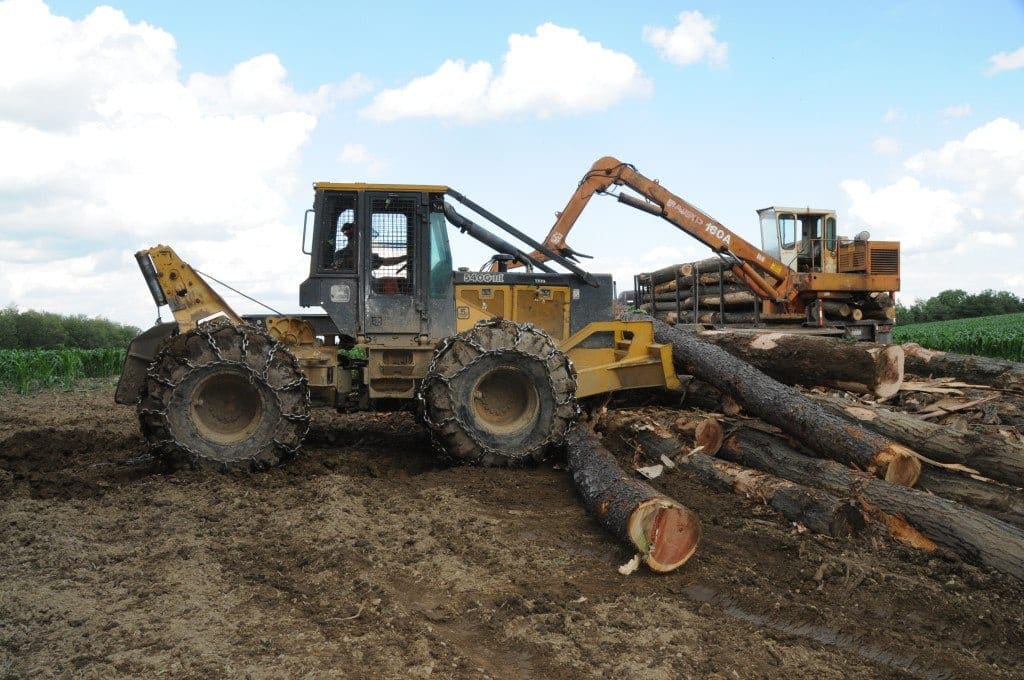Starting your own logging business is a huge investment and involves a lot of planning and consideration about the environment. While logging doesn’t exactly have a stellar reputation because of the damage it can cause to our natural forests, there’s actually a sustainable solution where you can make a profit from logging without destroying the environment. Enter low-impact logging. This is the answer to environmental concerns with the logging industry. Read on to learn more about how you can start your own low-impact logging business.
What Is Low-Impact Logging?
Low-impact logging, also known as reduced impact logging, is the intensively planned and carefully controlled implementation of timber harvesting operations to minimize its environmental impact. The process itself involves several practical measures, including but are not limited to:
- Pre-harvest forest inventories and the mapping of individual crop trees.
- The use of appropriate felling and bucking techniques, such as directional felling and cutting stumps low to the ground to avoid waste. There’s also the optimal cross-cutting of tree stems into logs in ways that maximize the recovery of useful wood.
- Conducting post-harvest assessments to provide feedback to resource managers and logging crews.
How Do I Start My Own Logging Company?
If you want to start your own low-impact logging company, there are several things you must do first before you can start chopping trees. Here’s what you need to do:
1. Get a Degree in Forestry
The University of Montana, the University of New Brunswick, and other similar schools offer a robust forestry program where you can take your degree in forestry. While having the degree isn’t absolutely essential, it’s considered a great advantage to have one, especially if you want to develop an environmentally sensitive logging method. The low-impact logging system requires fairly detailed knowledge of the forests and which areas can be properly cleared, and how.
2. Research and Create a Business Plan
This is already a given. In any new business, you need to create a sound business plan and do a lot of research about the industry. You need to determine where you can operate and how similar businesses do it. There’s also the type of equipment you’ll need and how many workers it will take to run your business.
3. Obtain Proper Licenses and Insurance
As with any business venture, having the correct licenses to operate is a must. Check with the local governments to determine what the requirements would be. The same goes for your commercial insurance.
4. Acquire the Equipment You Need
Of course, you’ll need to invest a huge chunk of your capital in all the equipment required to run a low-impact logging business. The equipment alone can be quite a challenge to procure. After that, you also need to learn how to service the equipment. Bringing them in to be serviced to the dealer or mechanic will be costly. So, learning how to fix them on your own will be a good advantage.
5. Market Your Business
As with any new business venture, you need to market your product to the right people. The good news is, low-impact logging is an important innovation that has got the attention of the media, government, and the industry itself. Focus on the environmental benefits your low-impact logging provides, so potential customers will see how sustainable your product is compared to other logging companies.
Conclusion
Commercial logging has been around for decades, which has sparked a lot of controversy due to its effects on the environment. However, with low-impact logging, you can build your own company without causing any damage to the environment, resulting in a sustainable and profitable operation.
Future Forest Consulting Inc. provides quality forest management services all across the Western NY region. We also offer low-impact logging services and work with buyers that have exclusive export markets to ensure you get top dollar for your timber. Contact us today to learn more about sustainable forestry and our logging services.

